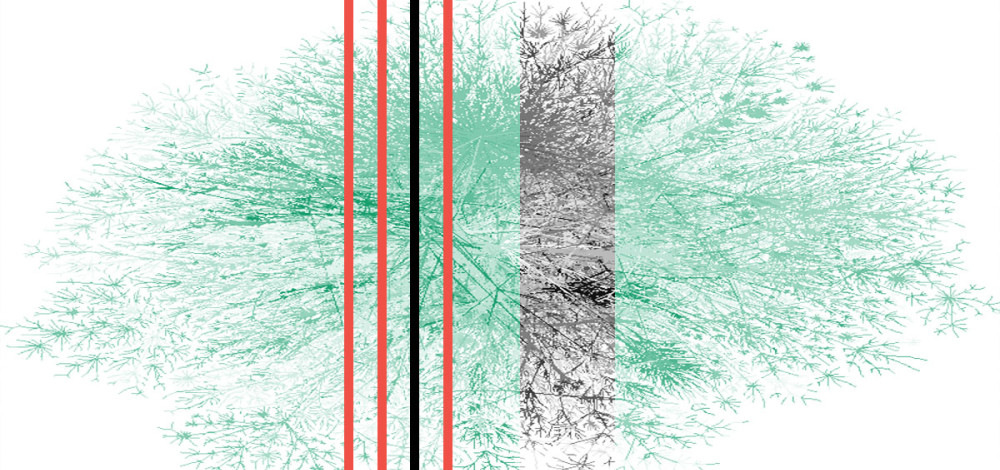Several versions of the hugely popular BIND DNS server are vulnerable to a denial-of-service weakness that can allow a remote attacker to knock a target server offline by sending a large volume of DNS updates to the server.
The bug (CVE-2022-3094) is present in versions 9.16.0-9.16.36, 9.18.0-9.18.10, and 9.19.0-9.19.8 of BIND, which is the most widely used DNS server on the Internet. The Internet Systems Consortium, which maintains BIND, has released updated versions of the affected software to address the vulnerability. There are no known workarounds for the bug.
The vulnerability is related to the way that BIND handles dynamic DNS updates.
“Sending a flood of dynamic DNS updates may cause named to allocate large amounts of memory. This, in turn, may cause named to exit due to a lack of free memory. We are not aware of any cases where this has been exploited,” the BIND advisory says.
“Memory is allocated prior to the checking of access permissions (ACLs) and is retained during the processing of a dynamic update from a client whose access credentials are accepted. Memory allocated to clients that are not permitted to send updates is released immediately upon rejection. The scope of this vulnerability is limited therefore to trusted clients who are permitted to make dynamic zone changes.
“If a dynamic update is REFUSED, memory will be released again very quickly. Therefore it is only likely to be possible to degrade or stop named by sending a flood of unaccepted dynamic updates comparable in magnitude to a query flood intended to achieve the same detrimental outcome.”
The issue can also affect versions 9.11 and earlier of BIND, but because of the exhaustion of internal resources. The result would be degraded performance only, so ISC does not plan to fix the bug in those earlier branches.

